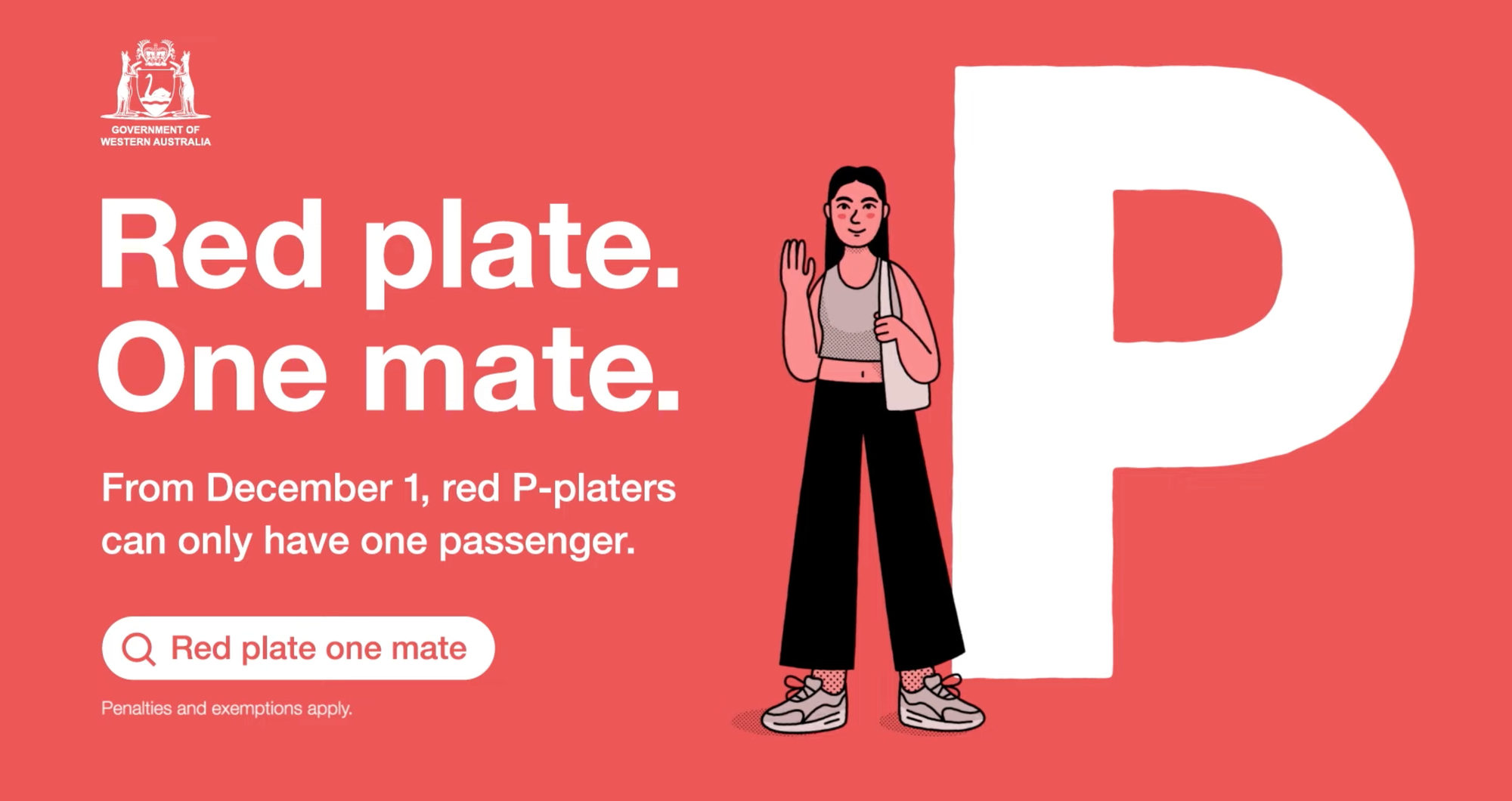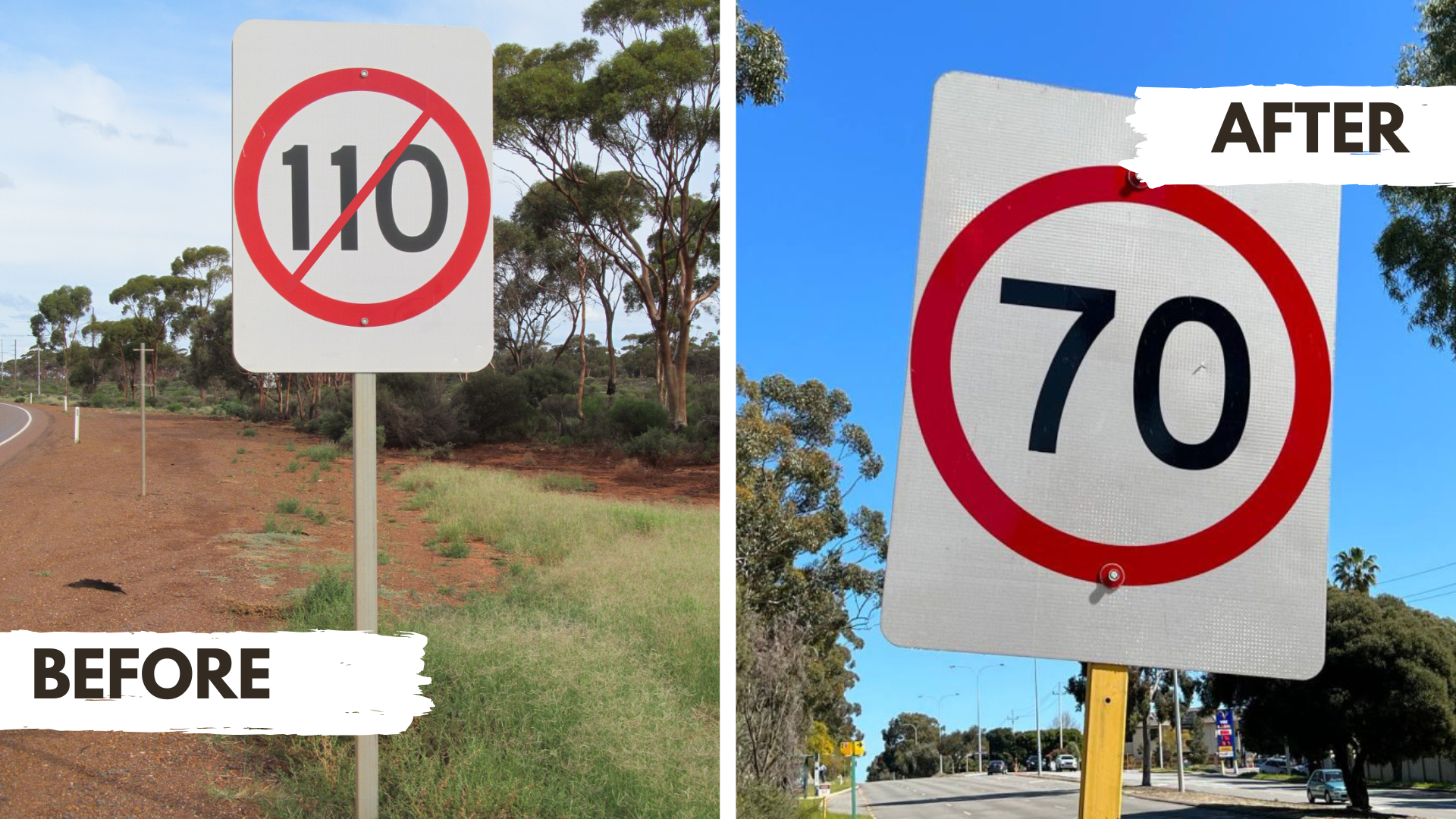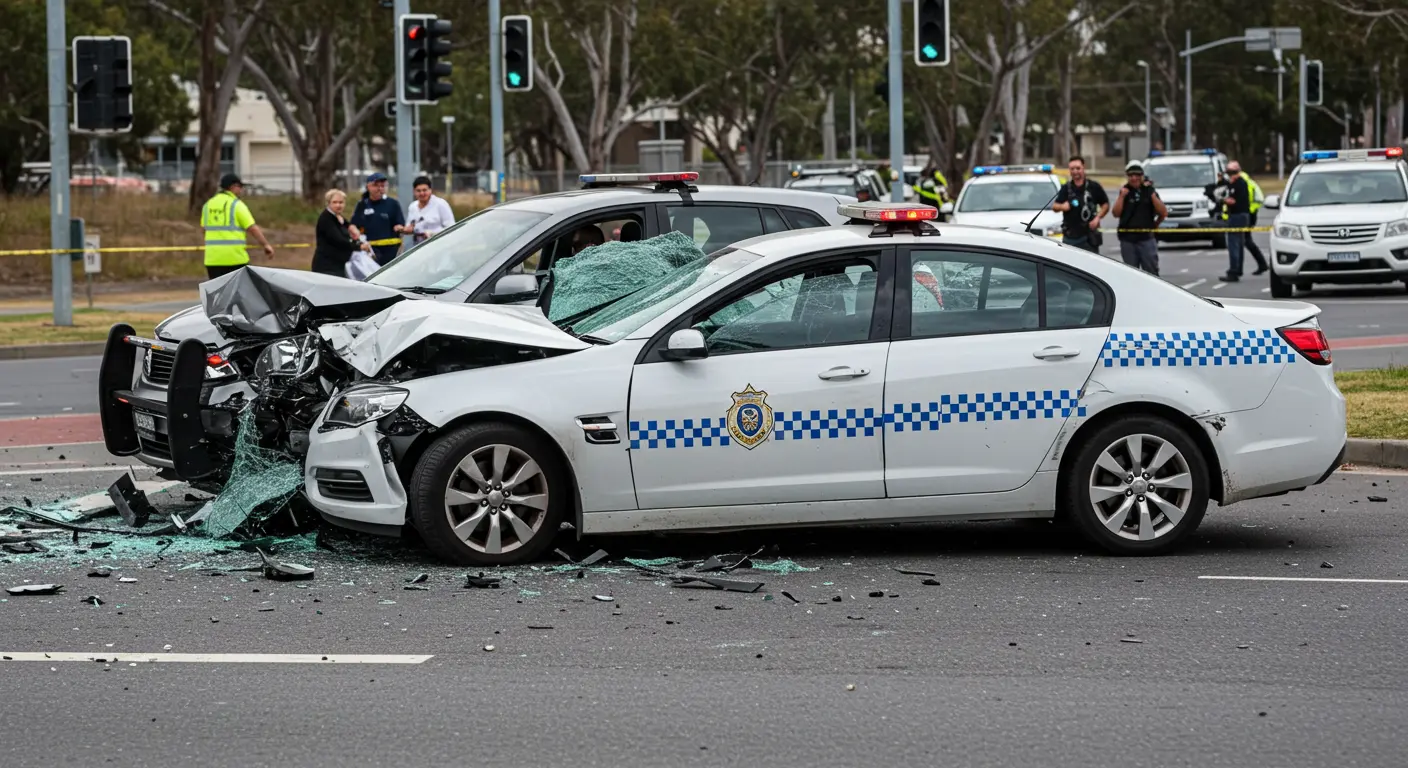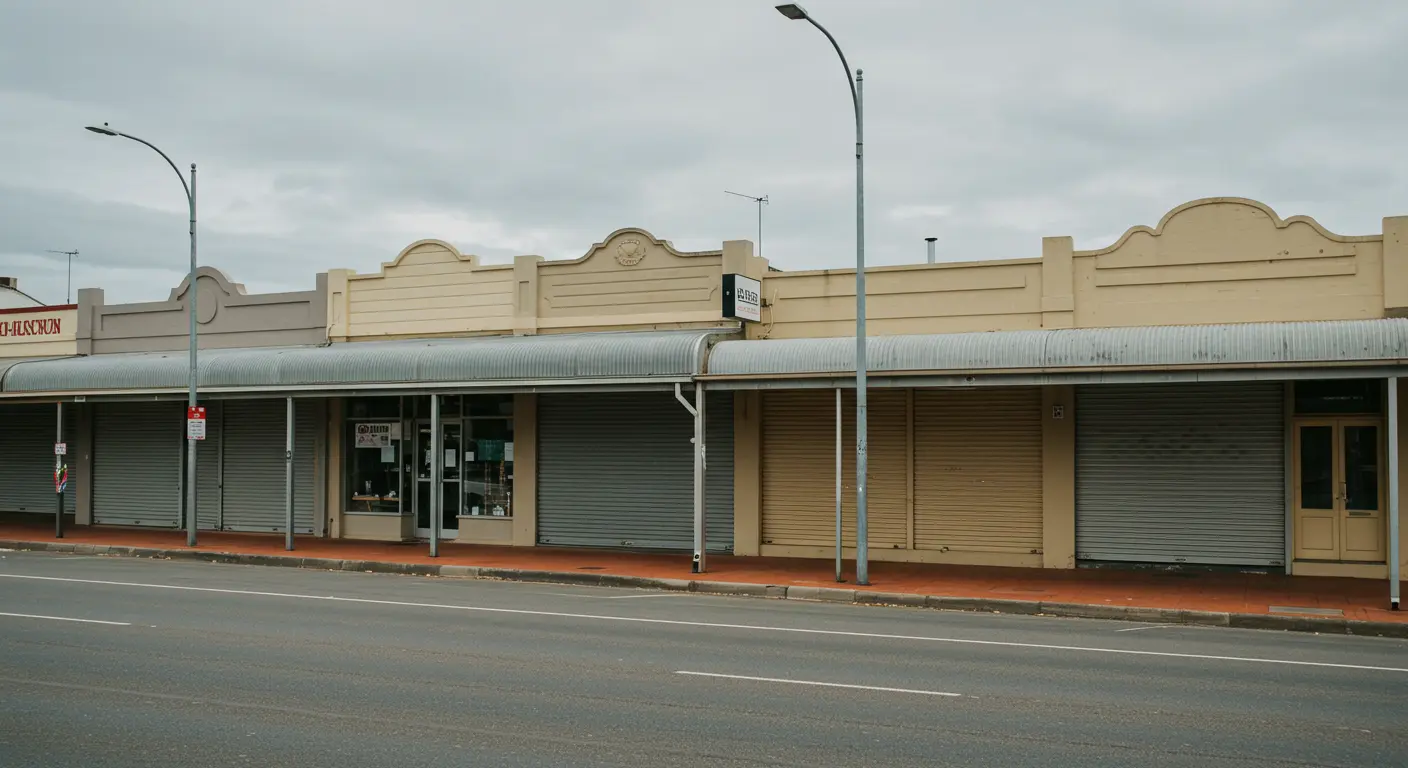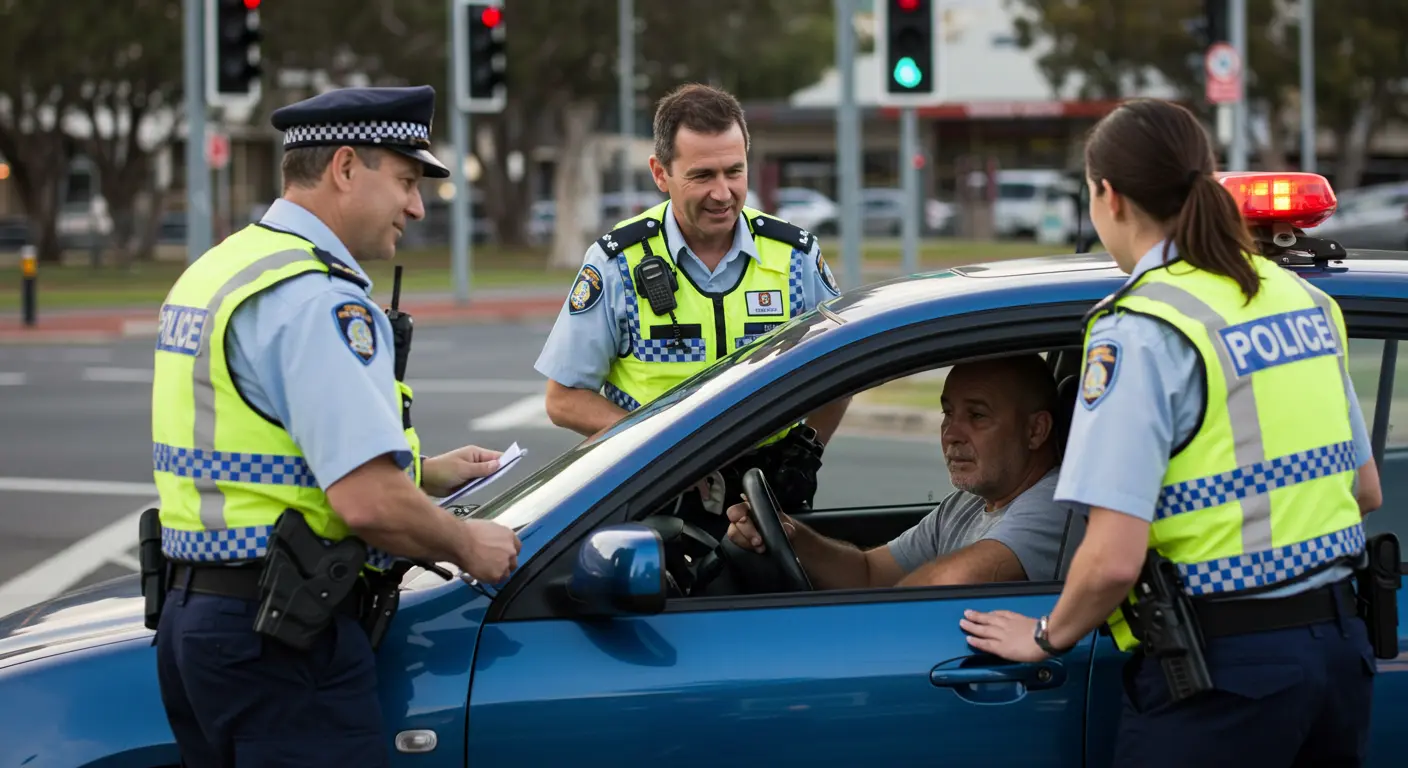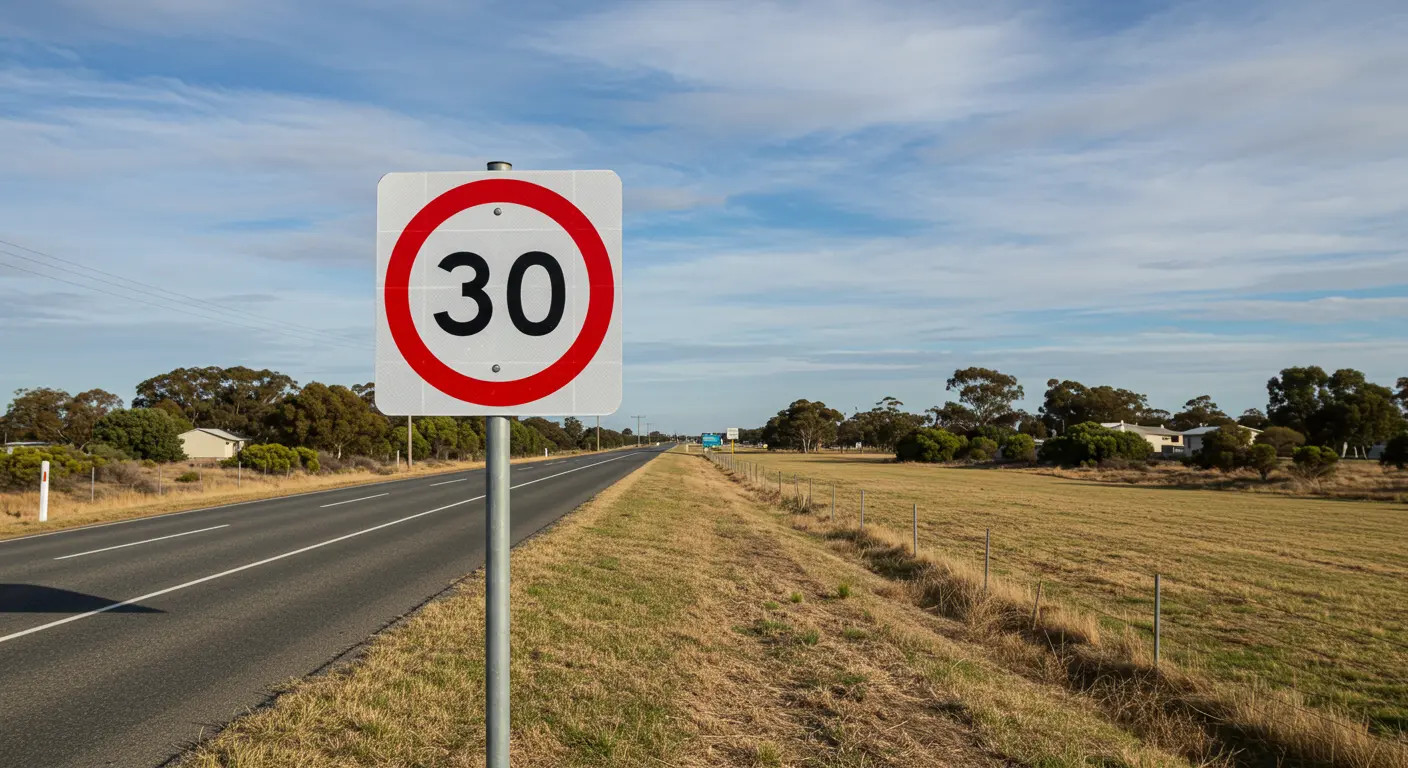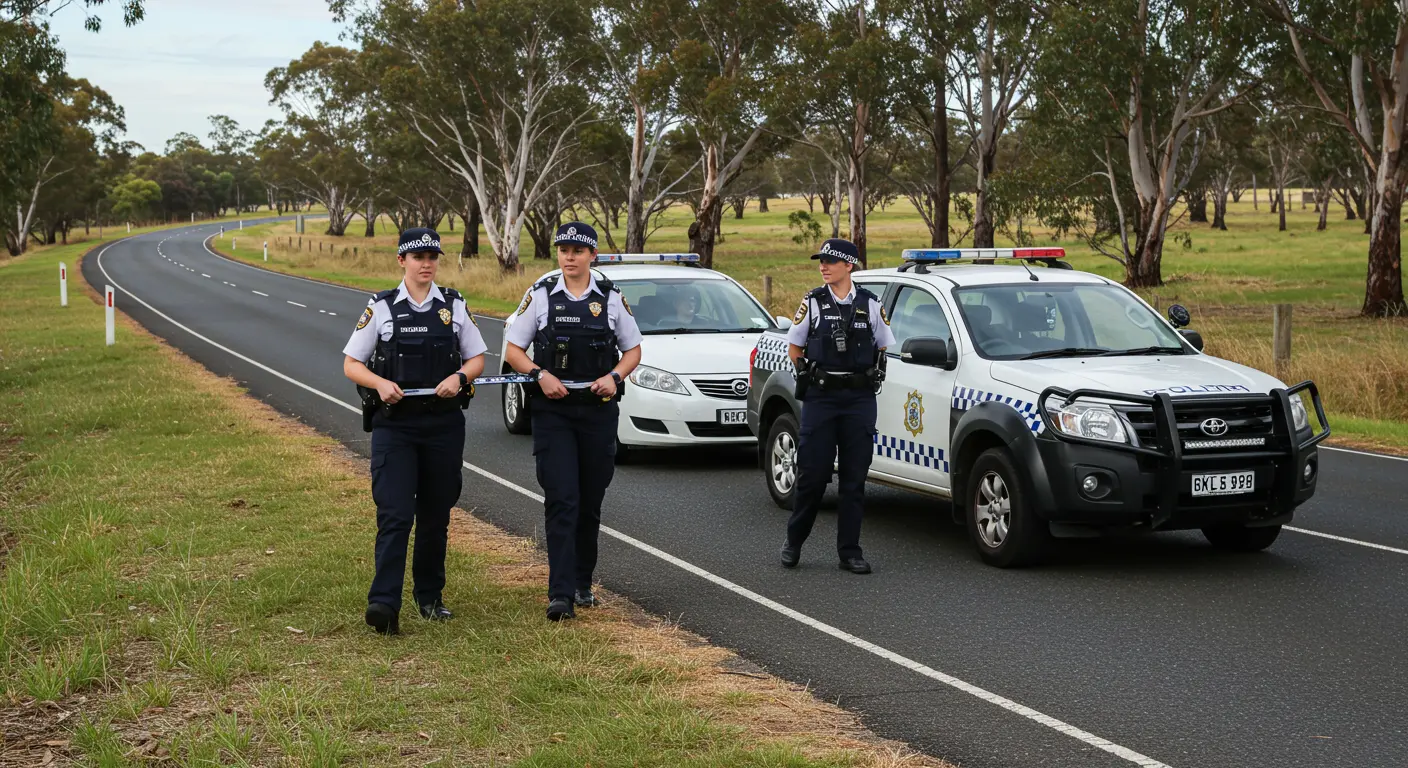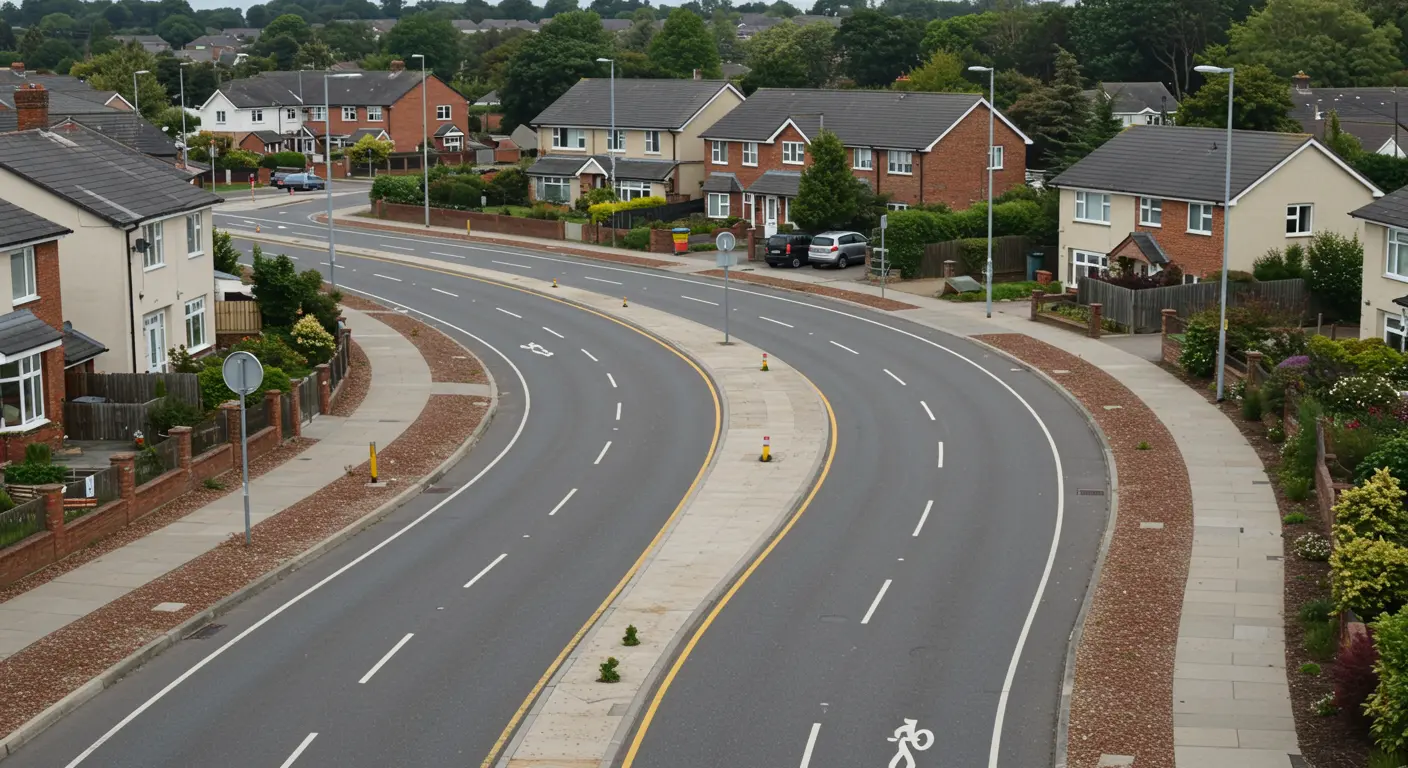Western Australia is at the center of a heated debate as hundreds of regional roads prepare for speed limit reductions in an ambitious trial aimed at curbing the state’s growing road toll.
Critics and advocates are clashing over the Safer Speeds Trial, with the decision sparking discussions on whether reduced speed limits are the right solution—or an overreach.
The Trial: What’s Changing?
The Shire of Augusta Margaret River has officially approved a three-year trial that will reduce speed limits across 550 regional roads. The plan, which aims to address the alarming increase in road fatalities, involves dropping:
- 80–110km/h zones to 70–80km/h.
- 70–100km/h zones to 60km/h.
- Urban and town center limits by 10km/h.
If approved next month by the City of Busselton, the trial will expand to include over 1800 roads across the region.
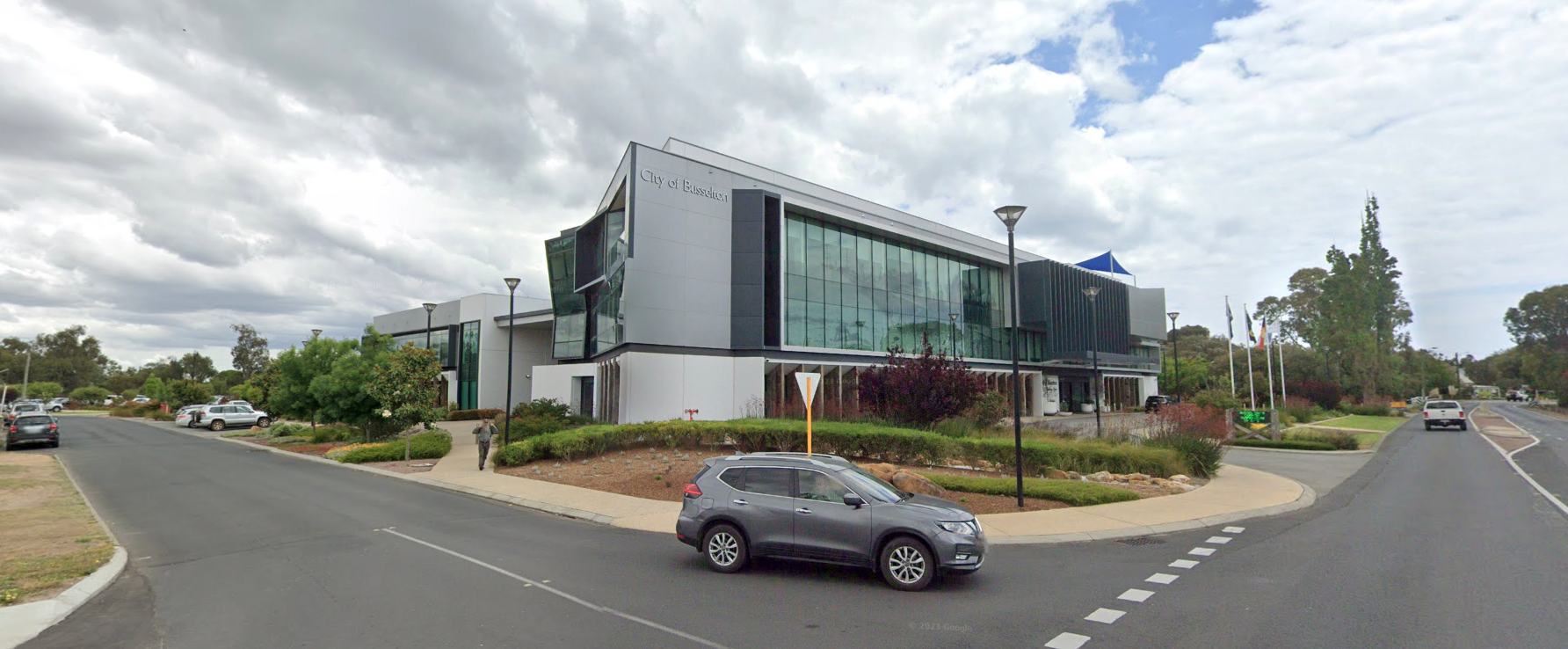
Safety at the Cost of Speed?
The changes, which will begin implementation in 2025, are expected to reduce road deaths and serious injuries by up to 30% in high-speed zones. However, motorists are concerned about the potential impact on travel times.
An assessment by the Shire of Augusta Margaret River suggests that for 16 key routes, the average delay would be just 62 seconds, with most journeys extending by less than two minutes.
Shire President Julia Meldrum defended the initiative, stating, “While the trial may result in a slight increase in travel times, the safety benefits far outweigh this. This is about saving lives and making our roads safer for everyone.”
Support from Experts and Authorities
The RAC, WA Police, and road safety experts have thrown their weight behind the trial. Terry Durant, RAC Group Executive for Social and Community Impact, emphasized, “We know speed is a major contributor to road trauma. The aim of the trial is to create safer roads for everyone.”
WA’s road toll for 2024 has reached its highest point since 2016, with 173 fatalities recorded so far—a staggering reminder of the stakes involved.
The Pushback: Is This Too Much?
Despite the strong backing from local councils and road safety organizations, public opinion remains divided. Critics argue that reduced speed limits could lead to:
- Increased congestion: Slower travel times could frustrate drivers and lead to risky overtaking.
- Economic impact: Delays could affect industries reliant on regional roads, including agriculture and freight.
- Driver compliance: Skeptics question whether motorists will adhere to the reduced limits without significant enforcement measures.
Social media has also exploded with opinions:
• “Are they serious? Another cash grab in disguise.”
• “If it saves lives, it’s worth it. People need to stop speeding!”
What’s Next?
A public education campaign is planned to coincide with the rollout, ensuring drivers understand the reasons behind the changes. If successful, the trial could pave the way for a statewide rollout of reduced speed limits.
While the Safer Speeds Trial seeks to save lives, its ultimate success hinges on public acceptance and tangible results.
As WA grapples with its worst road toll in nearly a decade, the trial represents both a bold step forward and a lightning rod for controversy.
Will this controversial move save lives—or simply slow us down? Time will tell. Share your thoughts below!
